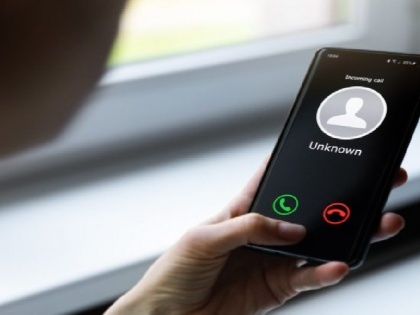Pesky Calls Get a Name: Trai Recommends Caller ID Display to Curb Fraud, Spam
By Lokmat English Desk | Published: February 24, 2024 09:24 AM2024-02-24T09:24:31+5:302024-02-24T09:25:55+5:30
Telecom Regulatory Authority of India (TRAI) proposed a new initiative to combat unwanted calls and prevent fraud via mobile ...

Pesky Calls Get a Name: Trai Recommends Caller ID Display to Curb Fraud, Spam
Telecom Regulatory Authority of India (TRAI) proposed a new initiative to combat unwanted calls and prevent fraud via mobile phones by suggesting displaying caller names during incoming calls. This information could be obtained from Customer Application Forms (CAF). TRAI noted that without visible caller identities, consumers often avoid answering unfamiliar numbers due to an abundance of unsolicited marketing calls and scams.
Despite numerous efforts by both industry players and government agencies, the problem persists, with existing solutions proving largely inadequate. Consumers continue to face challenges distinguishing legitimate calls from nuisance ones, leading to missed opportunities or potential harm.
Smartphones offer some features to address this issue, including built-in options like Apple's "Silence Unknown Callers" and Google's Phone app's spam filtering capabilities. Third-party applications such as Truecaller and Bharat Caller ID & Anti Spam also help identify calling parties and flag spam calls.
However, TRAI emphasized that crowd-sourced data used by these apps is sometimes unreliable, highlighting the need for more robust solutions. To improve reliability, TRAI suggested making the Calling Number Presentation (CNAP) supplementary service mandatory across all access service providers in India after setting a specific implementation deadline.
This proposal aims to enhance consumer protection while ensuring that genuine calls do not get overlooked because of concerns about unsolicited communication.
Open in app